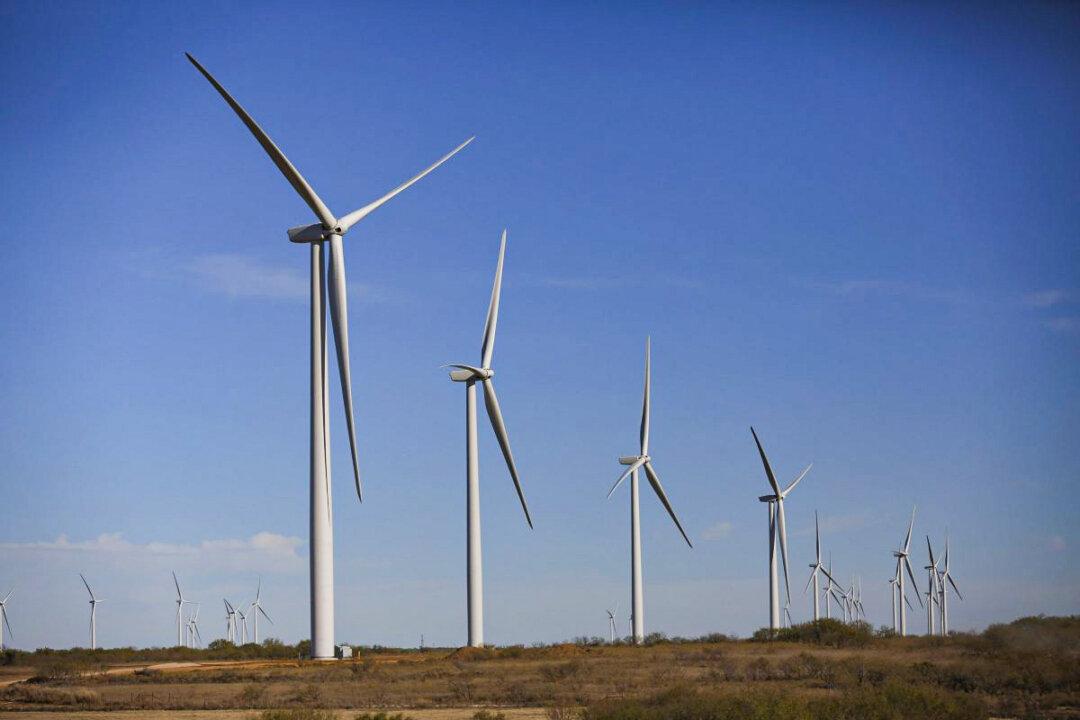A group of New Hampshire residents has filed for a court injunction against the state agency in charge of regulating wind farms, alleging it deliberately misinterpreted the law in order to green-light a permit for one of the largest operators in the United States.
Neighbors of Antrim Wind Energy Turbines allege that the state Site Evaluation Committee (SEC) failed to properly apply regulations to a 1,700-acre wind farm built in their heavily-forested neighborhood by TransAlta.




